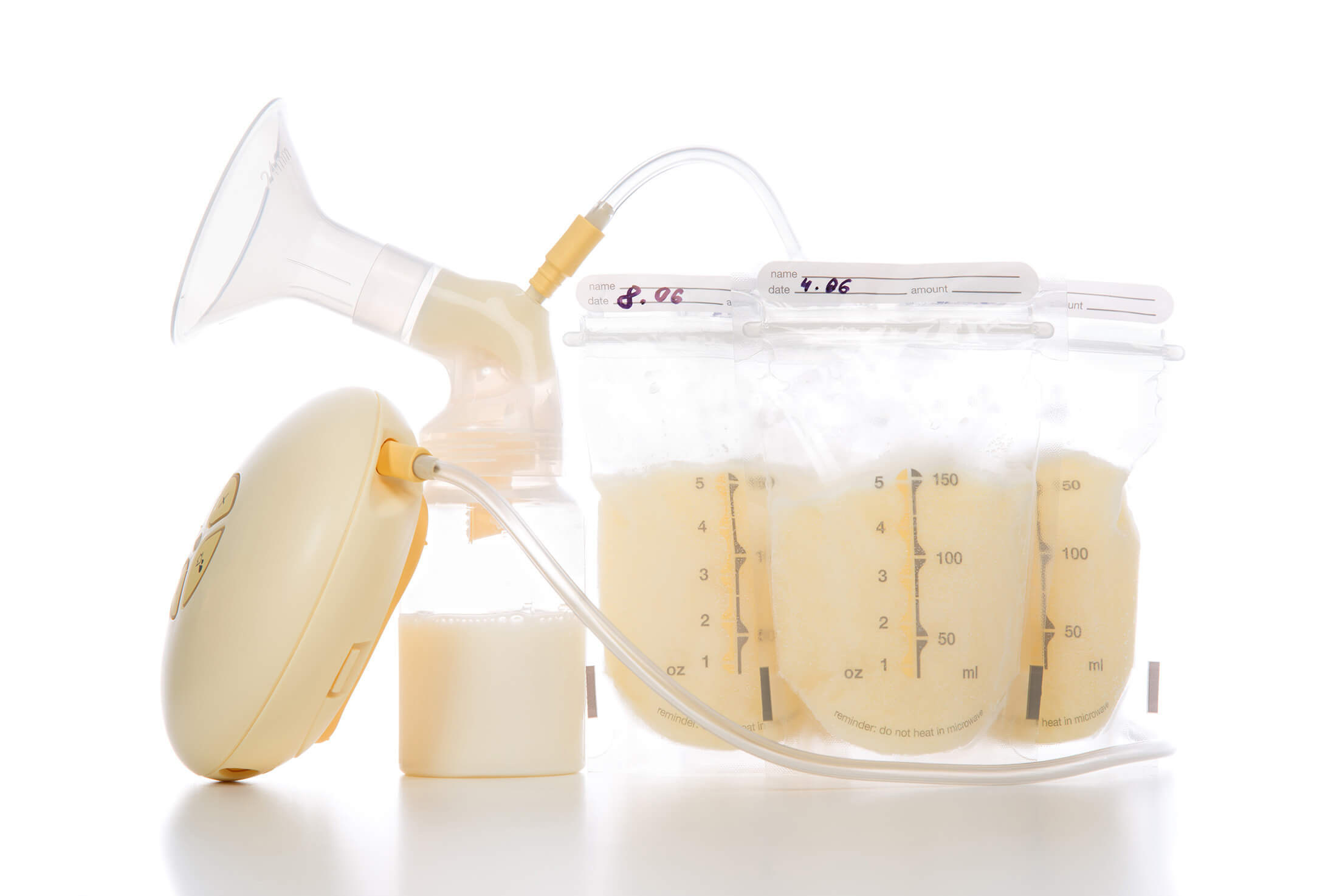
Ever wondered why breast milk is often called liquid gold? Well, it's not just because of its color. This amazing substance is packed with all the nutrients a baby needs in the first six months of life. But wait, there's more to it than just nutrition. From its ability to change composition to meet a baby's needs to containing substances that protect against diseases, breast milk is nothing short of miraculous. Breast milk is a fascinating topic, full of surprises and awe-inspiring facts that many of us might not know. Ready to be amazed? Let's dive into the world of breast milk, uncovering 20 of the most incredible facts about this extraordinary nourishment. Trust me, you'll never look at breast milk the same way again!
Key Takeaways:
- Breast milk is a superfood that changes to meet a baby's needs, boosts their immune system, and supports brain development. It's like a personalized nutrition plan just for them!
- Breastfeeding not only benefits babies but also helps mothers stay healthy. It's like a special bond between them, and it saves money and helps the environment too.
Understanding Breast Milk's Unique Composition
Breast milk is not just food; it's a complex blend of nutrients, enzymes, and antibodies tailored to meet a baby's needs. Breast milk changes its composition to adapt to the growing needs of infants, making it an incredibly dynamic and personalized form of nutrition.
-
In the first few days after birth, mothers produce colostrum, a highly concentrated form of breast milk rich in proteins and antibodies. This "liquid gold" is crucial for newborns, providing a strong immune system boost and helping to develop a healthy gut.
-
Mature breast milk, which follows colostrum, contains the perfect balance of fat, sugar, water, and protein necessary for a baby's overall growth and brain development.
The Immune Boosting Power of Breast Milk
One of the most remarkable aspects of breast milk is its ability to protect infants against infections and diseases.
-
Breast milk is packed with antibodies, particularly immunoglobulin A (IgA), which coats the lining of babies' immature intestines, preventing pathogens from penetrating.
-
It significantly reduces the risk of babies developing common childhood illnesses such as ear infections, respiratory infections, and diarrhea.
Breast Milk and Baby's Brain Development
The relationship between breast milk and brain development in infants is a subject of ongoing research, with findings suggesting a strong connection.
-
Breast milk contains long-chain polyunsaturated fatty acids like DHA (docosahexaenoic acid), crucial for neural development and cognitive function.
-
Studies have shown that breastfed babies tend to have higher IQ scores later in life compared to non-breastfed babies, highlighting the impact of breast milk on early brain development.
Breast Milk's Role in Building a Healthy Gut
The gut health of an infant is foundational to their overall health, and breast milk plays a significant role in establishing a healthy gut microbiome.
-
Exclusive breastfeeding helps to establish beneficial bacteria in the gut, which are essential for digesting food and protecting against harmful bacteria.
-
These beneficial bacteria, acquired from breast milk, are critical in developing a strong immune system and may reduce the risk of chronic conditions like obesity and asthma later in life.
The Emotional Bonding Through Breastfeeding
Breastfeeding is not only about nutrition; it's also a powerful way to bond with your baby.
-
The act of breastfeeding releases oxytocin in both the mother and the baby, a hormone that promotes love and bonding.
-
This close physical contact helps to strengthen the emotional connection between mother and child, providing comfort and security to the baby.
Breast Milk's Adaptability to Baby's Needs
Breast milk is incredibly responsive to the changing needs of the infant, making it a truly personalized form of nutrition.
-
The composition of breast milk can change from one feeding to the next, adjusting in fat content and volume to satisfy the baby's hunger and nutritional requirements.
-
Interestingly, breast milk can even change its immunological composition in response to the baby's health, providing targeted support to fight off specific infections.
Environmental and Economic Benefits of Breastfeeding
Breastfeeding offers significant environmental and economic advantages that are often overlooked.
-
It is a zero-waste form of feeding, requiring no packaging, shipping, or disposal of products, which contributes to environmental conservation.
-
Breastfeeding can lead to substantial healthcare savings by reducing the need for medical treatments and hospital visits for both mother and baby, thanks to its protective health benefits.
The Long-term Health Benefits for Mothers
Breastfeeding is beneficial not just for babies but for mothers as well.
-
Mothers who breastfeed have a lower risk of developing breast and ovarian cancer, osteoporosis, and cardiovascular diseases.
-
Breastfeeding also helps in quicker postpartum weight loss, as it burns extra calories to produce milk.
Global Breastfeeding Rates and Support
Despite its numerous benefits, breastfeeding rates vary significantly around the world, influenced by cultural, social, and economic factors.
-
Global initiatives like the Baby-Friendly Hospital Initiative aim to increase breastfeeding rates by providing support and education to new mothers.
-
Support from family, healthcare providers, and the community is crucial in encouraging mothers to initiate and continue breastfeeding.
The Science Behind Breast Milk's Taste and Smell
Breast milk's taste and smell can be influenced by the mother's diet, providing babies with early exposure to different flavors.
-
This exposure can affect a baby's food preferences later in life, potentially making them more open to trying new foods.
-
The scent of breast milk is unique to each mother, helping to strengthen the bond between mother and baby by providing a sense of comfort and security.
A Final Scoop on Nature's Liquid Gold
Breast milk, often hailed as nature's perfect baby food, is more than just nourishment. It's a dynamic blend of nutrients, antibodies, and love, tailored by nature to meet your baby's needs. From boosting immune systems to enhancing brain development, the benefits are vast and varied. Remember, every drop counts in providing your little one with the best start in life. Whether you're a new parent or a seasoned pro, understanding the wonders of breast milk can empower you to make informed choices about your child's early nutrition. So, here's to celebrating the remarkable capabilities of breastfeeding mothers and the incredible science behind breast milk. Cheers to nurturing the next generation with every ounce of this miraculous liquid gold!
Frequently Asked Questions
Was this page helpful?
Our commitment to delivering trustworthy and engaging content is at the heart of what we do. Each fact on our site is contributed by real users like you, bringing a wealth of diverse insights and information. To ensure the highest standards of accuracy and reliability, our dedicated editors meticulously review each submission. This process guarantees that the facts we share are not only fascinating but also credible. Trust in our commitment to quality and authenticity as you explore and learn with us.


